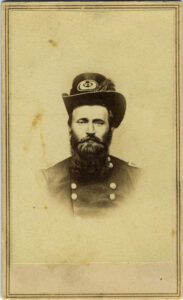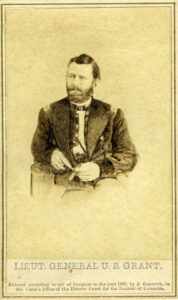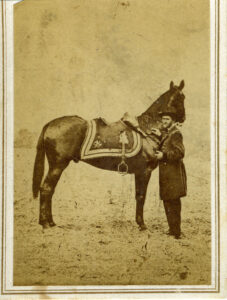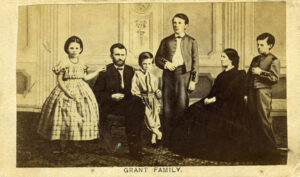July 23, 1885: America Mourns The Loss Of General Ulysses Grant.
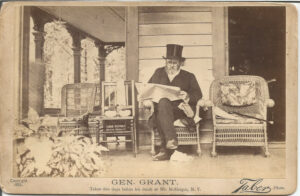

You are there: after surviving years of front-line combat in the Mexican and U.S. Civil War, Ulysses Grant is finally felled by throat cancer, the result of smoking up to 20 cigars a day for most of his adult life.
His 1862 victory at Ft. Donelson earns him the sobriquet “Unconditional Surrender Grant,” along with accolades from the public in the form of boxes of his favorite cigars thought to fuel his success in battle. Estimates are that he receives some 10,000 stogies over time and they finally take their toll beginning in 1884 when he first complains of severe throat pain after eating a peach.
Soon enough a cancerous tumor is found on his right tonsil and the final year of his life is spent in constant agony. The decline of his physical health is accompanied by a total financial collapse owing to association with a Wall St. swindler who leaves him bankrupt. Friends such as Commodore Vanderbilt’s son, William, offer to bail him out, but Grant refuses.
Instead he turns to the last unique asset he still retains, memories of his time leading the Union army to victory at Appomattox. The result is his book, Personal Memoirs of U.S. Grant, a masterpiece which sells over 300,000 copies and, through negotiating help from Mark Twain, earns nearly $500,000 to cover his debts and care for his widow, Julia, who lives to 1902.
Grant is 63 years old when he dies bravely at 8:08am on July 23 at the cottage in Mount McGregor, NY surrounded by his family. It is just five days after his writing is completed and he is at peace. A thirty day long period of national mourning follows, with military and political dignitaries and some 1.5 million citizens participating in his funeral. He is buried in a temporary crypt before being reinterred in 1897 at Grant’s Tomb in upper Manhattan.





